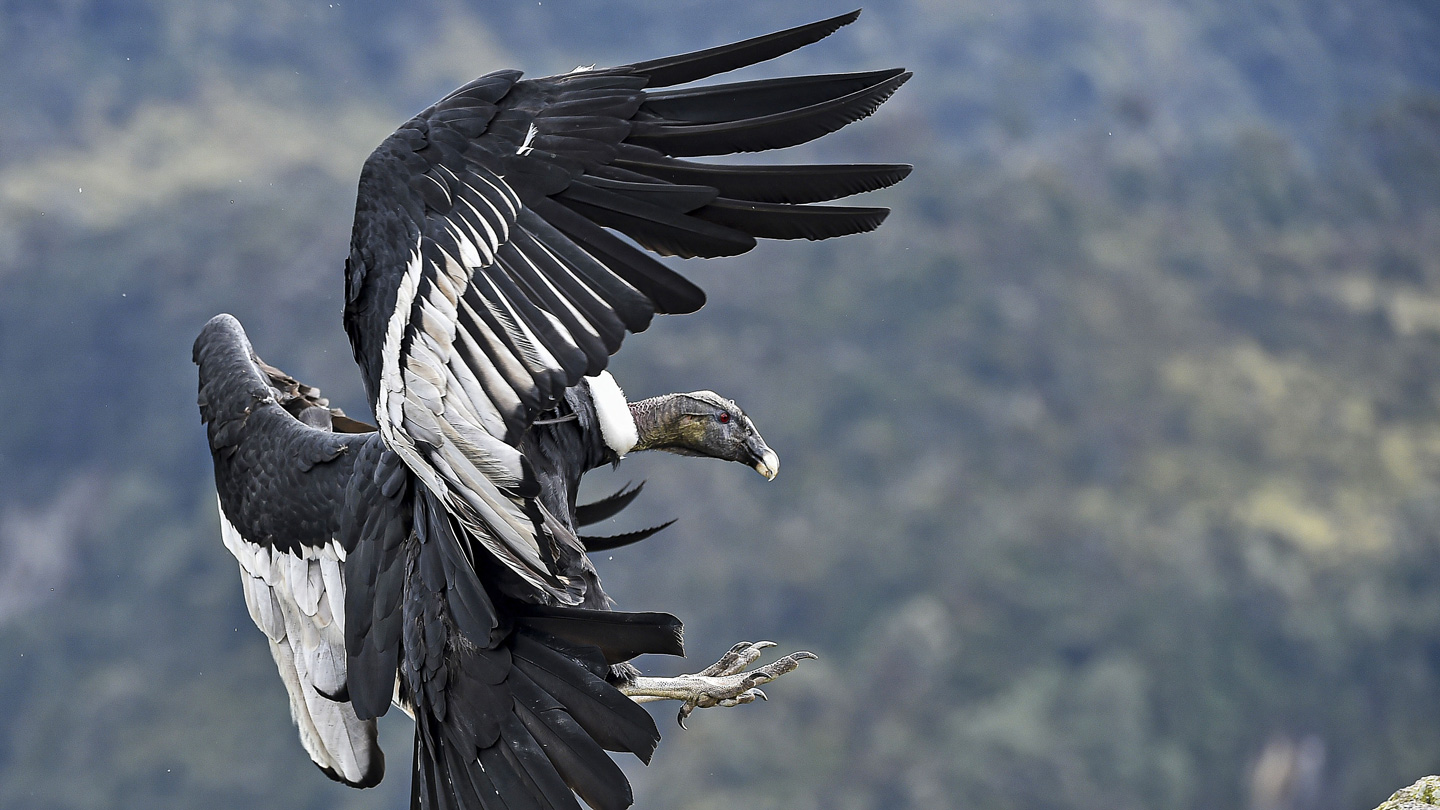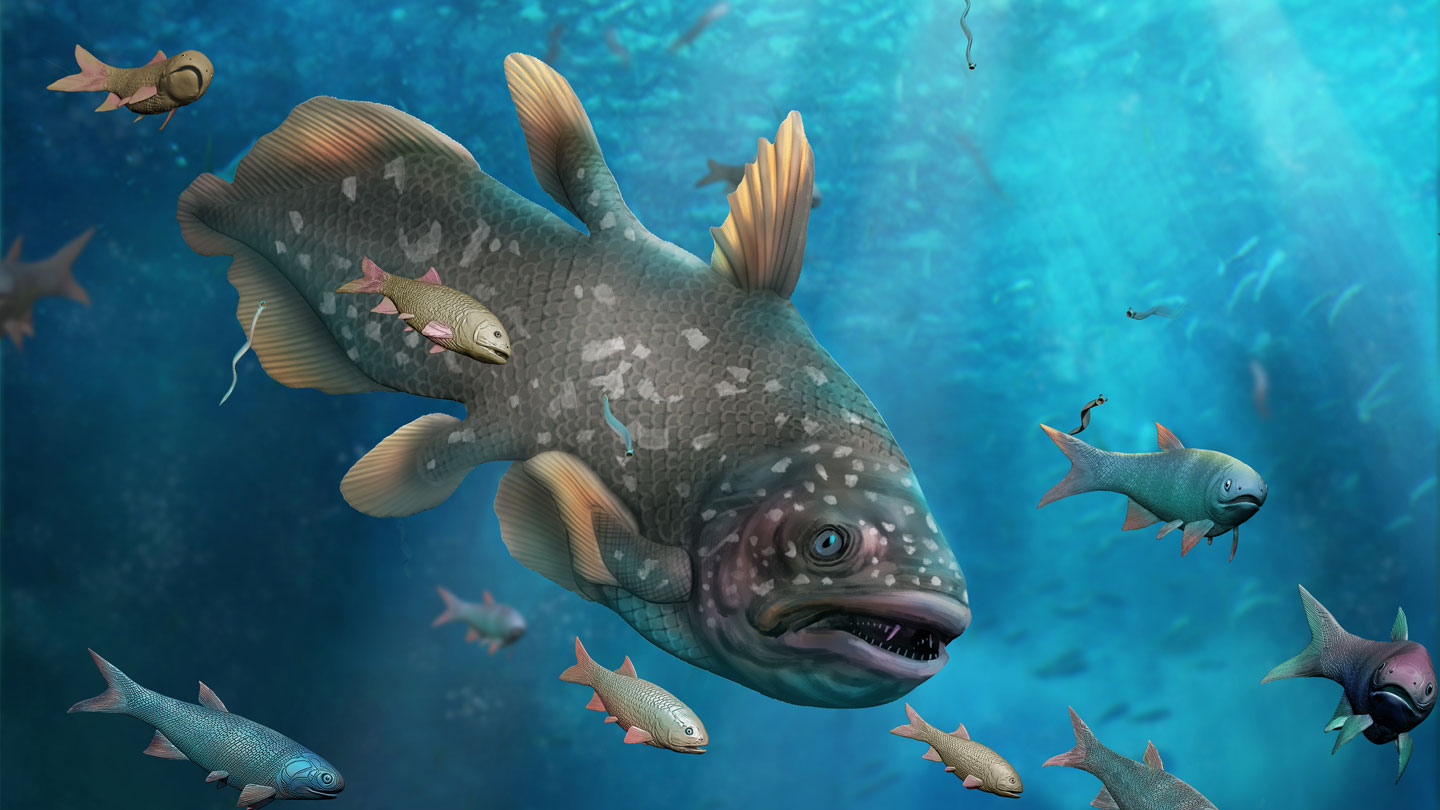
A family of chimpanzees in the Democratic Republic of Congo
Shutterstock/Sergey Uryadnikov
Chimpanzees and bonobos exchange food with others who share with them first, showing similar levels of cooperation and reciprocity as four-year-old children.
Food-for-food exchanges are common in human societies, but these trades are relatively rare among animals like chimpanzees, bonobos and gorillas. Though these apes groom and care for others of their own species, swapping food is less common, potentially because the animals see meals as a source of competition.
Researchers began by testing if 10 chimpanzees (Pan troglodytes) and 2 bonobos (Pan paniscus) would share food with each other unprompted. In the lab, the apes were in separate enclosures with reward choices on small plates in the space between their cages, so they could see their partner’s selection. The researchers gave the apes the choice of pulling a plate with a single treat on it toward their own cage or pulling on a mechanism that delivered a treat to both their own cage and that of another ape. They found most apes chose to feed themselves alone.
The team was curious if the chimpanzees and bonobos would be more likely to share food – or withhold it – based on what their partner chose first. The researchers repeated the test ten times without giving the first ape a choice, instead rigging the initial interaction by only letting the ape reach one choice, to deliver food to either one or both apes.
A similar choice test was given to 48 four-year-old children who could select between a treat for just themselves or for themselves and another child. Each of the participants in the trials received rewards tailored to their tastes: peanuts for chimpanzees, grapes for bonobos and candies for the pre-schoolers.
When apes saw that another had intentionally shared food with them, they returned the favour around 70 per cent of the time – nearly 80 per cent of the children made the same choice. When children felt snubbed by another, they were unlikely to share food in return, while some apes still shared their food around half of the time even if their partner was initially ‘selfish’.
The discovery builds on a 2017 study that found chimpanzees were more likely to return favours to others when their partner took a risk to help them, says Sarah Brosnan at Georgia State University, who was not involved in the work.
The results suggest human ancestors had to downgrade their aggressive, dominating tendencies around food to foster cooperation and social connection.
Topics:














